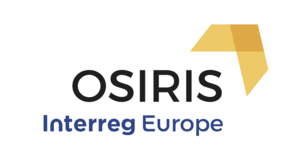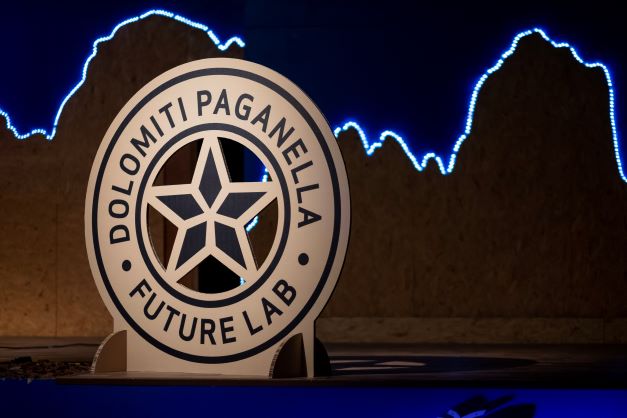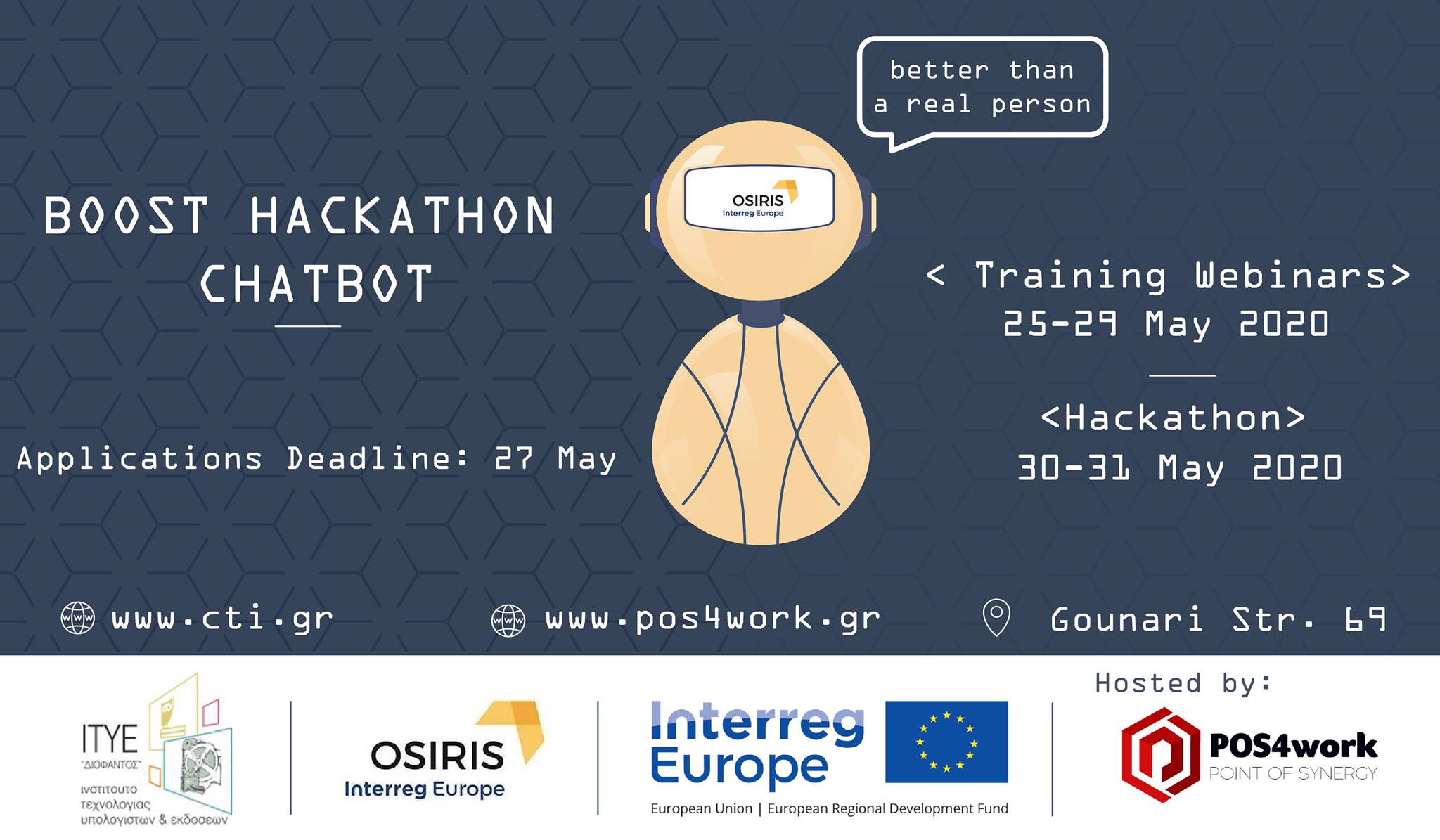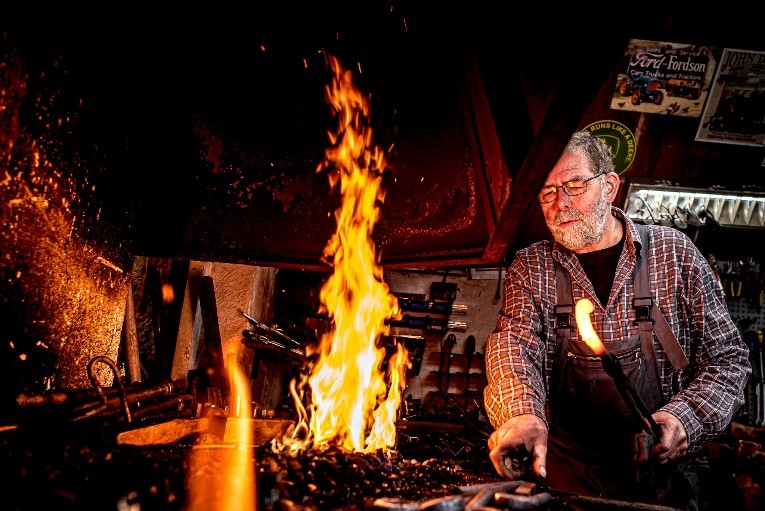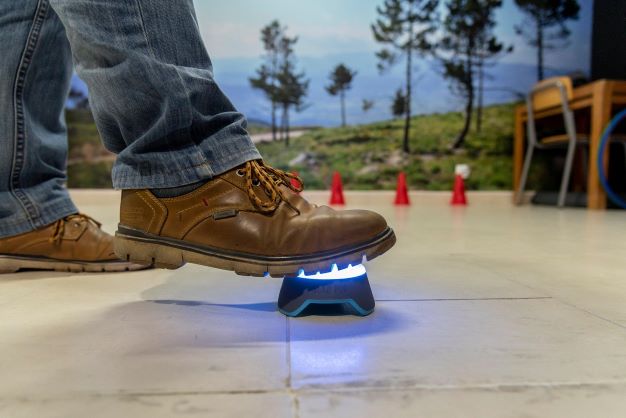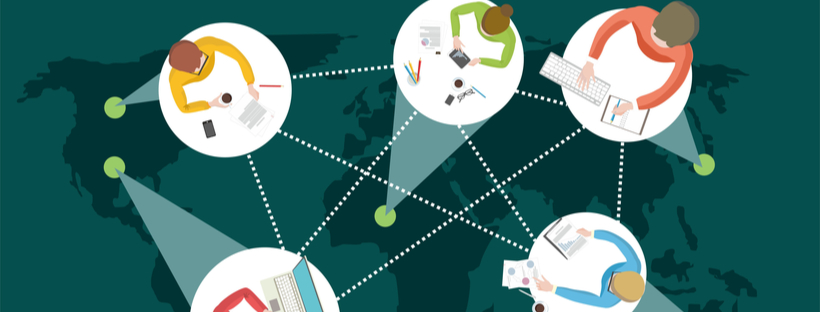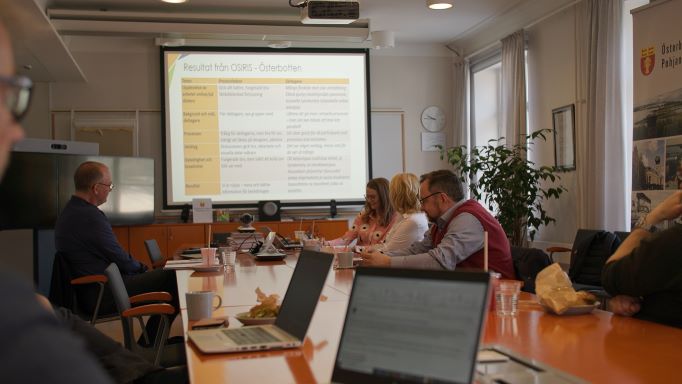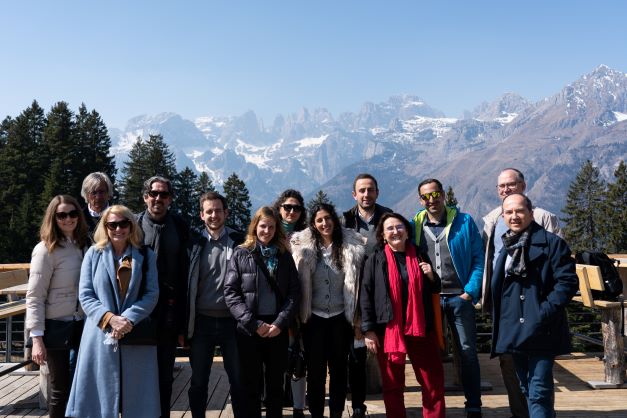What is the Province of Drenthe and who is Gerard Meijers ?
Drenthe is one of the three northern provinces of the Netherlands. Drenthe maintains important economic links with the rest of the Netherlands and, to an ever increasing degree, with Germany, Scandinavia and the Baltic countries. The province of Drenthe is responsible for many aspects in the field of spatial planning, the environment, landscape and nature, traffic and transport, the economy, welfare, health, and culture.
The principal aim of our RIS3 strategy is to find innovative solutions to societal challenges through cross-pollination between and within sectors and technologies and through the application of these solutions in society. Besides the social benefits, economic relevance is also important.
The RIS3 addresses 4 societal challenges:
1. Health, Demography and Welfare
2. Food Security, Sustainable Agriculture and Bio-economy
3. Reliable, Clean and Efficient Energy
4. Clean, Safe Water
Cooperation with clusters and civilians is considered an important way to implement the RIS3.
My job is to be the spider in the web for all economic and social development in the region Southeast Drenthe: coordinating, tuning, stimulating, connecting and developing.
What is your take on the Osiris project?
In the regional development much attention is given to open social innovation. Many small SMEs could profit from cooperation with networks, clusters and public support.
OSIRIS fits perfect in this context. To find new ways of addressing this development is very useful for our organization.
After one year of OSIRIS – what have you learned ?
In our rural area it is difficult to put the open social innovation in the perspective of the so called quadruple helix: Authorities, entrepreneurs and knowledge institutes working together with the end-user or the public in the centre. To learn from different countries how they approach this and on what sectors is really inspiring. Ostrobothnia focuses on the energy industry and policies, we more on the craftsmen and innovative SMEs. The Innovation Loop of Västerbotten is a sustainable way to keep this kind of processes going. The Slovakian project is like our project focusing on a network, but with an different view: creative industries. The Portuguese way of working with OSIRIS is showed to us as a project in which matters of creating jobs in the ICT business can be given value in a smart way.
Especially useful was also the staff exchange on open data in Trento. Although we offer open data through an national portal, as an authority we are in the beginning of developing a policy. And then you like to learn from an “expert region”. And with a LORA-WAN network rolled out in our province where every IoT (internet of things) sensor network becomes available for entrepreneurs, students and other developers, open data will become important the next years.
